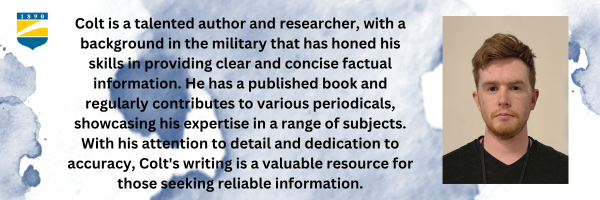How to Get a Remote Job: A Step-by-Step Guide
Remote work has become increasingly popular, providing flexibility, work-life balance, and the chance to work from virtually anywhere. Whether you’re seeking a remote job in a new field or looking to transition your existing career to a remote setting, this guide outlines practical steps you can follow to successfully get a remote job.
Step 1: Investigate Your Options
Before you start applying, it’s important to understand what types of remote jobs align with your skills and interests. Begin by identifying industries and roles well-suited to remote work, such as healthcare, legal services, customer support, technology, and education. Consider your strengths, previous work experience, and professional interests to determine the best match.
Take advantage of resources like FlexJobs, which offers extensive listings of remote positions across various fields to get a feel for the options out there. Their guide also provides additional insights on navigating remote job searches effectively.
Step 2: Get the Right Training
To improve your chances of landing a remote job, it’s crucial to have specialized training and credentials. Certain fields offer more remote opportunities if you possess relevant qualifications:
- Medical Billing and Coding: Remote roles are abundant in healthcare administration, making medical billing and coding an excellent option. Blackstone Career Institute offers an online program designed to prepare you quickly and efficiently for certification.
- Medical Transcription: Ideal for detail-oriented individuals with excellent typing skills, medical transcriptionists enjoy flexible, remote careers. Blackstone’s online training can equip you with the required knowledge and skills.
- Legal Assistant/Paralegal: Paralegal and legal assistant roles can frequently be performed remotely, especially within digital law firms. Blackstone’s online Legal Assistant/Paralegal Program is structured to prepare you for an entry-level job.
- Legal Nurse Consultant: Qualifying nurses looking to transition into consulting can leverage their medical expertise remotely. Blackstone’s program helps nurses develop legal skills to expand their potential career opportunities into remote-friendly roles.
Completing a relevant training program can significantly boost your resume, making you a more competitive candidate when you’re aiming to get a remote job.
Step 3: Prepare Your Materials
When preparing to get a remote job, updating your resume and cover letter to highlight remote-specific skills is essential. Emphasize your ability to work independently, manage your time effectively, communicate clearly, and navigate technology proficiently.
Make sure your LinkedIn profile is professional and fully updated, reflecting your remote work readiness. Clearly articulate how your previous experiences prepare you for success in a remote environment, emphasizing soft skills such as flexibility, adaptability, and proactive communication.
Step 4: Gather Strong References
References are crucial in any job application process but are particularly important when applying to get a remote job. Employers seek assurances that you can be trusted to perform effectively without direct supervision.
Reach out to former employers, colleagues, or professional connections who can vouch for your reliability, independence, and effectiveness as a worker. Inform your references that you’re specifically seeking remote positions so they can tailor their recommendations accordingly.
Step 5: Look Online (Remote-Specific Job Boards)
One of the most efficient ways to get a remote job is by searching specialized remote job boards. While traditional job sites often include remote positions, remote-specific sites increase your chances of finding authentic opportunities tailored to your needs.
Websites like We Work Remotely are specifically designed for remote job seekers and employers. Their tips section provides valuable strategies to enhance your remote job search, helping you navigate remote-specific challenges and stand out among applicants.
Additionally, continuously check platforms like Remote.co, FlexJobs, Virtual Vocations, and LinkedIn’s remote filter option to broaden your search scope. Regularly applying to postings on these dedicated sites can greatly enhance your chances to successfully get a remote job.
Final Tips
Beyond these primary steps, networking is essential. Join remote work groups on LinkedIn and Facebook to connect with current remote workers who can provide insights or referrals. Attend online networking events or webinars to expand your professional network.
Stay persistent and organized—track your applications and consistently follow up. Patience and perseverance are key; remote roles can be competitive, but a systematic, focused approach will significantly increase your likelihood of success.
By thoroughly preparing, utilizing specialized training opportunities, and effectively showcasing your remote work readiness, you can successfully navigate the process and ultimately get a remote job that matches your skills, interests, and lifestyle goals.
Written by Colt Parris














